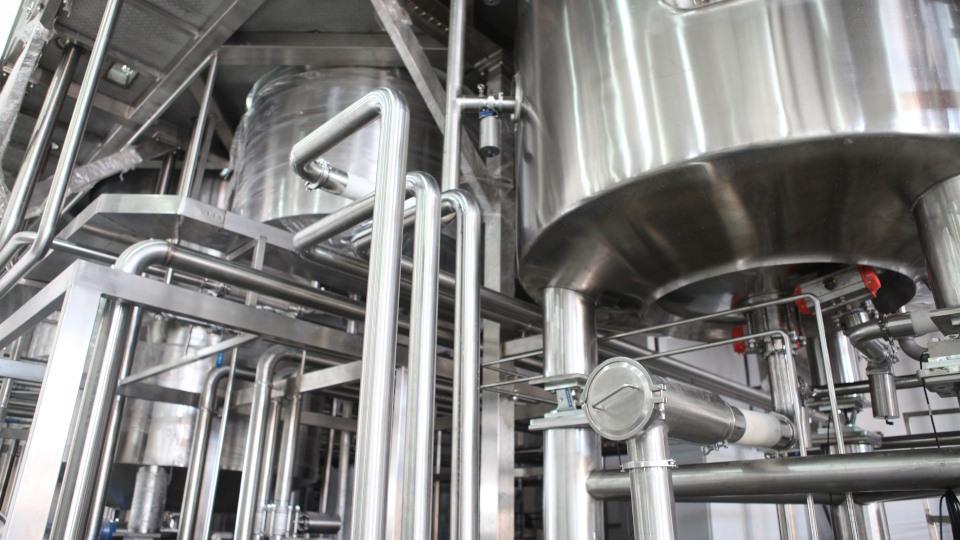Pharma says EU chemical ban could devastate manufacturing

A trade organisation representing pharma manufacturers in Europe has said plans to restrict the use of fluorinated substances known as PFAS could make manufacturing “grind to a halt” and threaten the availability of essential medicines.
According to EFPIA, the proposal to limit PFAS (per- and polyfluoroalkyl substances) – a class that covers up to 10,000 chemicals – would have a major impact on pharma, as well as other industries, and would be the widest ever put in place in the European Economic Area (EEA).
The plan has been put forward by authorities in Germany, the Netherlands, Sweden, Denmark, and Norway under the REACH legislation, introduced in 2007 to improve the protection of human health and the environment from the risks that can be posed by chemicals.
PFAS contain carbon-fluorine bonds that are very strong, making them highly stable, but that also means they can accumulate in the environment, ending up in drinking water and food, according to the European Chemicals Agency (ECHA).
A consultation period on the proposal came to an end this week, and the ECHA has received comments from more than 4,400 organisations, companies, and individuals, which will now have to be considered. If it goes through in its current form, the plan would ban all PFAS by 2027, with limited exemptions.
“The innovative pharmaceutical industry is concerned about the impact of PFAS on the environment and does not oppose the close consideration of certain harmful PFAS,” said EFPIA. “However, not all PFAS have the same hazardous properties,” it added, and some are classified as being of low concern by the Organization for Economic Cooperation and Development (OECD).
“PFAS are used across medicines production, however, those used in actual medicines have no or low identified risk through medicines risk-benefit or environmental risk assessments,” continued the trade organisation.
“Therefore, while there is a need to minimise emissions, the approach should ensure the continued production and availability of medicines for patients in Europe.”
According to its calculations, almost 48,000 marketing authorisations for medicines around the world would be at risk if the restrictions go through as currently planned, and that would mean that some critical medicines may no longer be available.
Around 600 drugs on the World Health Organization (WHO) Essential Medicines List – the priority drugs needed to ensure public health – would be affected.
Moreover, European critical drug lists drawn up to counter shortages and reduce the reliance on imported medicines from non-EEA countries would also be hit, including 60% of medicines listed in Germany and 78% in Norway.
“While we support the need to restrict certain PFAS, we need to find the right approach to ensure the continued manufacturing and availability of medicines in Europe,” according to EFPIA’s director general, Nathalie Moll.
“A total ban would see medicines’ manufacturing in the EU grind to a halt in under three years,” she claimed. “It would also jeopardise the production of all pharmaceutical substances in Europe and would be in conflict with the EU’s strategy of reducing dependency on nations outside of the EEA in the event of shortages or pandemics.”
Photo by Crystal Kwok on Unsplash.













